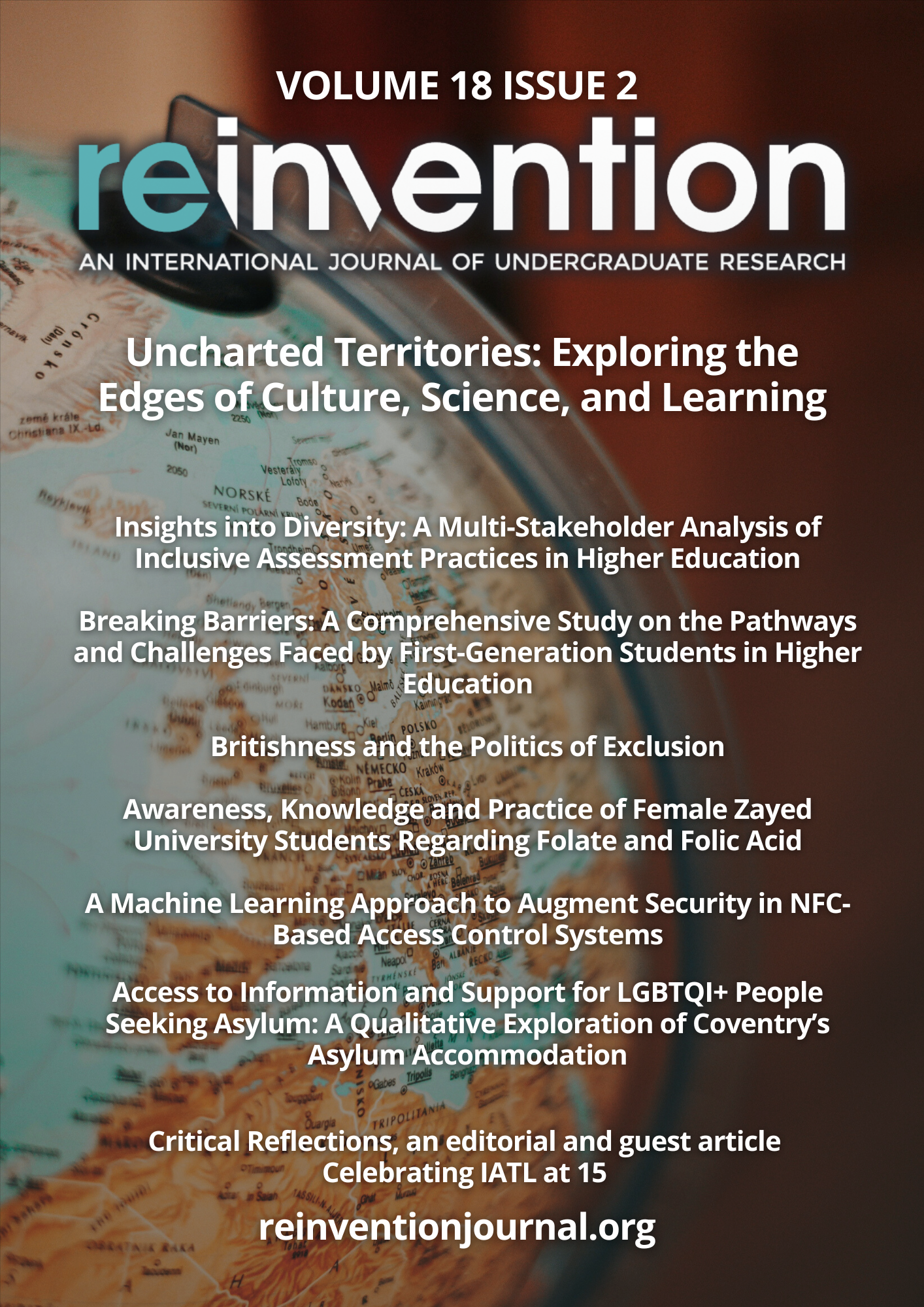Abstract
The persistent question of whether Britishness is under threat has dominated British politics, and yet exploration of the nature of Britishness and its societal context is seldom highlighted. This paper explores the nature of Britishness today via secondary data analysis of secondary qualitative sources, organised into three key sections. Examining a variety of academic theoretical and empirical research, it firstly explores the historical foundations of Britishness before examining the process of devolution and Brexit as two key case studies. This paper also extends and develops theory from Arthur Aughey’s (2010) work. While the theory originally intended to analyse Englishness or English nationalism, this paper extends the theory’s application to Britishness, emphasising its benefit in the field of British politics and related disciplines as an imperative analytical tool to enrich wider empirical and theoretical analysis. Ultimately, this paper posits that Britishness today is often used as a political tool, which is detrimentally based on and enforces the politics of exclusion. However, in recognising its paradoxical and multifaceted complexity, it is recognised that Britishness also contains inherent subjectivities as related to ideas of belonging. Overall, although not seeking to argue that Britishness is wholly bad, this paper hopes to highlight damaging discourses and events associated with the use and construction of Britishness as an exclusionary tool today.

This work is licensed under a Creative Commons Attribution 4.0 International License.
Copyright (c) 2025 Oriana Campbell-Palmer

